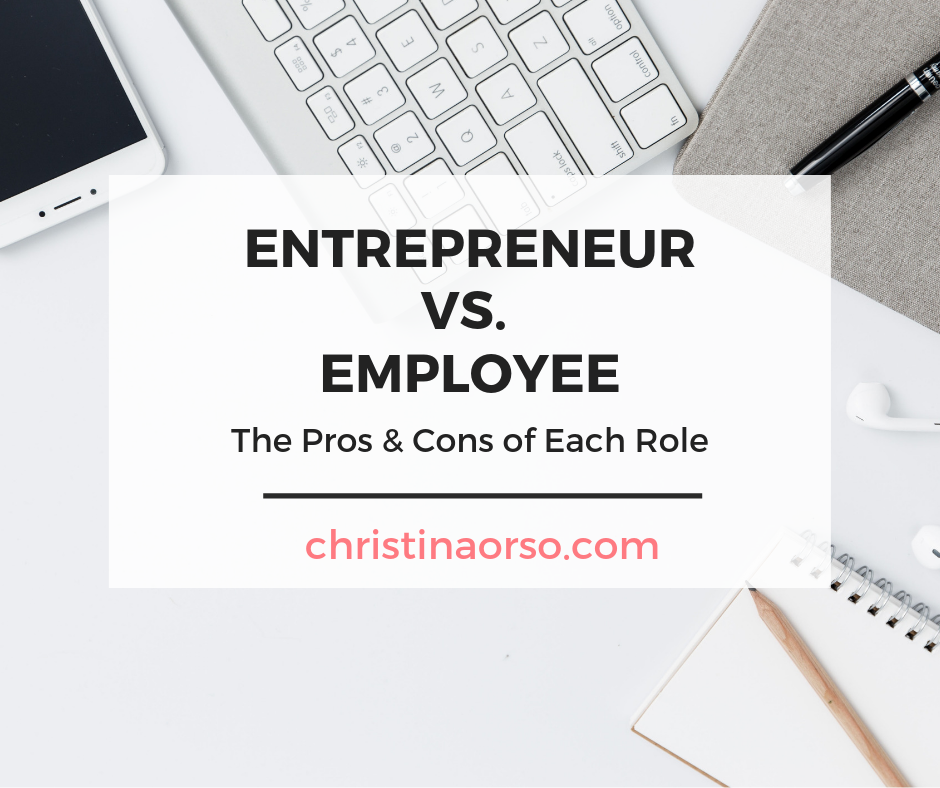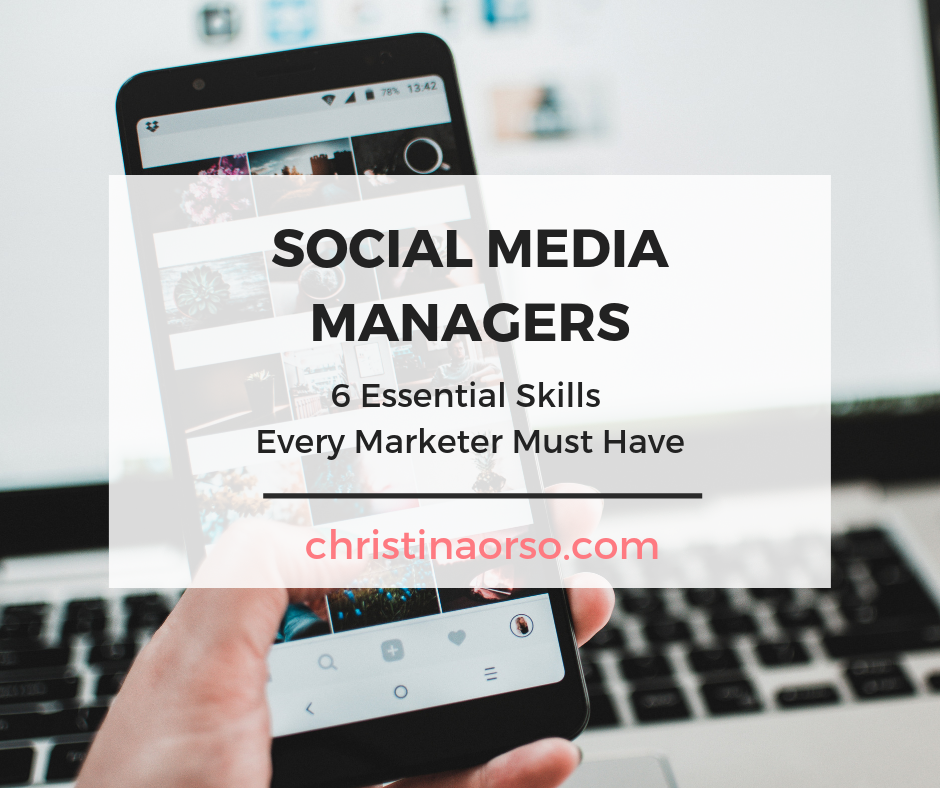I’ve worked from home on and off over the years, but since I started my business I’ve spent the majority of my working hours at home. Working from home is not for everyone. It requires discipline, motivation, and a routine — at the very least. But setting yourself up for success can make a huge impact on your overall productivity. Now that many of us are working from home, I’ve heard from several friends that there’s been a huge adjustment going from an office scene to working from a home where they may or may not even have a desk. In today’s post I’m sharing a few things that I consider essentials for working at home and some other items that just make my work day a little easier. Let’s get it out of the way first that a desk is crucial and working from your couch or dining room table won’t cut it…but do what you gotta do.
Hot Water with Lemon – I start every day with either hot tea or warm water with lemon. I won’t go into any nutritional benefits because — to be honest — who knows if they’re true and that’s not what I’m here for. My reasoning for this is that 1) I don’t drink caffeine and 2) I find a warm beverage to be soothing but the lemon to be refreshing and awakening. I turn on this electric kettle before I take Marty for a walk, and by the time we’re back the water is ready and cooled down a bit.
A Cute Mug – For whatever reason, drinking out of a cute mug will easily put a smile on my face. I have this initial mug from Anthropologie and I also love this one.
Apple Airpods – Hear me out. (Ha pun intended.) I LOVE MY AIRPODS. I’ve had several people ask me “Are they worth it?” UM YES what are you waiting for??! Yes, the price tag is yikes, but just consider skipping a couple of dinners out or unnecessary clothing purchases and pick up a pair of these babies. When I say that I use them constantly, I am not exaggerating. Put it this way — I have the charger on the same table as my keys and Marty’s leash. As soon as I get up, I shower, brush my teeth and put my Airpods in before a walk. Which leads me to…
Podcasts – I will do another blog post on this, but just know that I probably spend several hours a day listening to podcasts. When I’m walking, working out, cleaning, driving…all the time. And having Airpods in and being able to go about my daily life hands free = WIN!
Candles – I’ve had the same favorite candle for a while: Anthropologie’s Capri Blue. If you’ve ever been to the store, it’s the candle they’re always burning aka their signature scent. It’s amazing. BUT! I have a dupe for you. Bath & Body Works has a scent called Midnight Blue Citrus that is pretty darn similar if you ask me. Anthro’s may give off more of a scent, but they’re both awesome.
Fresh Flowers – Candles are great, but flowers give off a great scent and they’re nice to look at. I have a ton of plants in my house, but there’s something special about getting fresh flowers every week or so. I usually get white lilies (despite everyone saying they’re funeral flowers), hydrangeas, or sunflowers. And for the two weeks that they’re available here, LILACS!
Black Pens – I have a strong preference for black ink pens and I love these. I buy ’em by the box. May or may not have a subscription even though they last me a while. I keep several at my desk, one in my purse, one in my car, one in my bedside table drawer…you get the picture. The ink is smooth and I love them. That is all.
Legal Pads – My favorite thing to write on. I don’t use a planner and notebooks are a pain because I’m left handed. Legal pads have tons of lines (wow that sounds pathetic) but because they’re yellow, I feel like the writing stands out better. Plus, flipping over each page feels good. Sue me.
Wireless Mouse – I use a Macbook Pro, and while the trackpad is fine, I can move faster with a mouse. I also notice my wrist hurting from the trackpad, but not with this mouse. It’s on the smaller side but my hand fits comfortably and it’s easily stashed in my purse if I want to take it out.
Honestly this list could go on and on, but those things are what usually help me go about my day. But I’m always curious about other people’s setups and must-haves, so lemme know! Drop a comment below or send me a DM on IG. I’ll do another roundup soon! Until then, stay well my friends. 🙂


